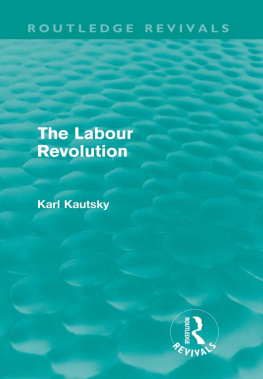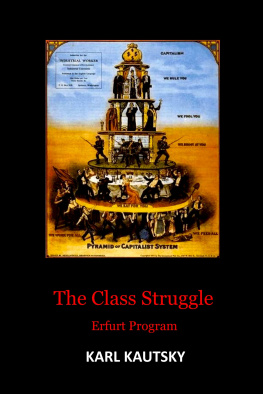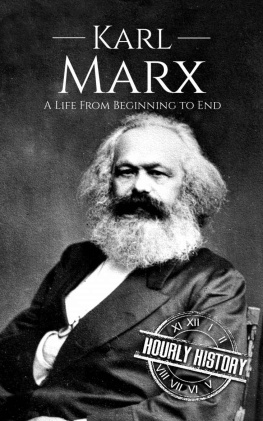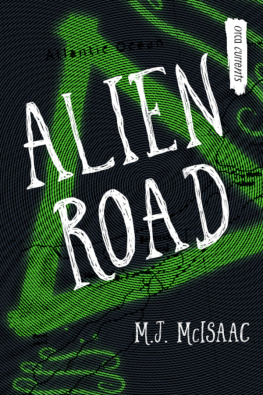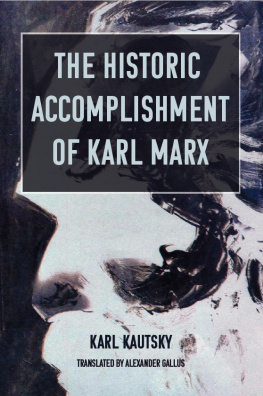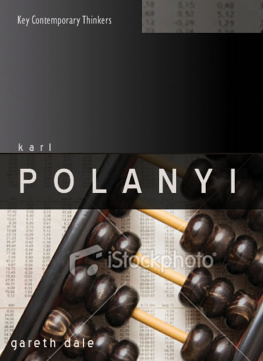Karl Kautsky - The Road to Power
Here you can read online Karl Kautsky - The Road to Power full text of the book (entire story) in english for free. Download pdf and epub, get meaning, cover and reviews about this ebook. year: 1909, genre: Politics. Description of the work, (preface) as well as reviews are available. Best literature library LitArk.com created for fans of good reading and offers a wide selection of genres:
Romance novel
Science fiction
Adventure
Detective
Science
History
Home and family
Prose
Art
Politics
Computer
Non-fiction
Religion
Business
Children
Humor
Choose a favorite category and find really read worthwhile books. Enjoy immersion in the world of imagination, feel the emotions of the characters or learn something new for yourself, make an fascinating discovery.

- Book:The Road to Power
- Author:
- Genre:
- Year:1909
- Rating:5 / 5
- Favourites:Add to favourites
- Your mark:
- 100
- 1
- 2
- 3
- 4
- 5
The Road to Power: summary, description and annotation
We offer to read an annotation, description, summary or preface (depends on what the author of the book "The Road to Power" wrote himself). If you haven't found the necessary information about the book — write in the comments, we will try to find it.
The Road to Power — read online for free the complete book (whole text) full work
Below is the text of the book, divided by pages. System saving the place of the last page read, allows you to conveniently read the book "The Road to Power" online for free, without having to search again every time where you left off. Put a bookmark, and you can go to the page where you finished reading at any time.
Font size:
Interval:
Bookmark:
MIA > Archive > Kautsky
Written: 1909.
First Published: 1909, by Bloch, Germany.
Source: First English translation published by Block.
Translated: From the German by A.M. Simons.
Transcription: Ted Crawford. [1]
HTML Markup: David Walters.
Copyleft: Karl Kautsky Internet Archive (www.marx.org) 2003. Permission is granted to copy and/or distribute this document under the terms of the GNU Free Documentation License.
1. This text is taken from the 1909 translation by A.M. Simons of Kautskys work, published by Bloch. There is no introduction. There is a much better translation by Raymond Meyer and published by Humanities Press in 1996 but this is still in copyright and will be available in many libraries. The 1909 edition is now quite difficult to get hold of. Nevertheless for most of the twentieth century it was from this edition that English speakers learnt of Kautskys views. Ted Crawford (transcriber) |
Last updated on 20.1.2004
Neither Revolution Nor Legality At Any Price
On the one side we Marxists are accused of having excluded the will from politics and of having thereby reduced politics to an automatic process. On the other side, these same critics assert the exact reverse. They allege that our desires far exceed our knowledge of reality. They claim that the facts should teach us the impossibility of any revolution, but that we cling to the idea of revolution out of pure sentimental fanaticism until we are drunk with it. They allege that we are seeking a political revolution at any price, even though we might progress faster on the existing legal basis.
(Kautsky here introduces an argument and quotations to show that Frederick Engels did not disavow the revolutionary position, as has been sometimes claimed. This matter deals so largely with German local politics as to be of little interest to English readers.)
I discussed this question of the revolution in the Neue Zeit in December, 1893, and I will simply reproduce a portion of what was said there.
We are revolutionists, and this not simply in the sense that the steam engine is a revolutionist. The social transformation for which we are striving can be attained only through a political revolution, by means of the conquest of political power by the fighting proletariat. The only form of the state in which Socialism can be realized is that of a republic, and a thoroughly democratic republic at that.
The Socialist party is a revolutionary party, but not a revolution-making party. We know that our goal can be attained only through a revolution. We also know that it is just as little in our power to create this revolution as it is in the power of our opponents to prevent it. It is no part of our work to instigate a revolution or to prepare the way for it. And since the revolution cannot be arbitrarily created by us, we cannot say anything whatever about when, under what conditions, or what forms it will come. We know that the class struggle between the bourgeoisie and the proletariat cannot end until the latter is in full possession of the political powers and has used them to introduce the Socialist society. We know that this class struggle must grow both extensively and intensively. We know that the proletariat must continue to grow in numbers and to gain in moral and economic strength, and that therefore its victory and the overthrow of capitalism is inevitable. But we can have only the vaguest conjectures as to when and how the last decisive blows in the social war will be struck. All this is nothing new ...
Since we know nothing concerning the decisive battles of the social war, we are manifestly unable to say whether they will be bloody or not, whether physical force will play a decisive part, or whether they will be fought exclusively by means of economic, legislative and moral pressure.
We are, however, quite safe in saying that in all probability the revolutionary battles of the proletariat will see a much greater predominance of these latter method over physical, which means military force, than was the case in the revolutionary battles of the bourgeoisie.
The one reason why the battles of the coming revolution will be less frequently fought out by military methods is to be found in the fact, which has been often pointed out, of the colossal superiority of the weapons of the present standing armies, as compared with the weapons in the possession of civilians, and which makes any resistance of the latter practically doomed to failure from the beginning.
On the other hand the revolutionary sections of today have better weapons for economic, political and moral resistance than was at the disposal of the revolutionaries of the eighteenth century. Russia is the only exception to this rule.
Freedom of organization and of the press and universal suffrage (under certain circumstances universal military duty) not only place weapons in the hands of the proletariat of modern nations which give them an advantage over the classes which fought the revolutionary battles of the bourgeoisie; these institutions shed a light upon the relative strength of the various parties and classes and upon the spirit that animates them, and this light was wholly lacking under absolutism.
At that time the ruling classes as well as the revolutionary ones were groping about in the dark. Since every expression of opposition was rendered impossible neither the government nor the revolutionists could gain any idea of their strength. Each party was in danger of overestimating its strength so long as it had not measured it against an opponent. It was, on the other hand, inclined to underestimate it as soon as it suffered the slightest defeat.
This is one of the principal reasons why, during the bourgeoisie revolutions, so many uprisings were suppressed with a single blow, and why so many governments were overthrown at a single stroke, and why revolution was so generally followed by a counter revolution. It is wholly different today in those countries having any democratic institutions, Such institutions have been called social safety valves. If this expression is intended. to mean that in a democracy the proletariat ceases to be revolutionary, and that it is satisfied with a public expression of its anger and its sufferings, and that it renounces the political and social revolution, then the expression is false. Democracy cannot do away with the class antagonisms of capitalist society. Neither can it avoid the final outcome of these antagonisms the overthrow of present society. One thing it can do. It cannot abolish the revolution, but it can avert many premature, hopeless revolutionary attempts, and render superfluous many revolutionary uprisings. It creates clearness regarding the relative strength of the different parties and classes. It does not abolish their antagonisms, nor postpone their ultimate object, but it does operate to hinder the rising class from sometimes attempting the accomplishment of tasks of which it is not yet capable, and to keep the governing class from refusing concessions that it no longer possesses the strength to maintain. The direction of development is not thereby changed, but its course becomes steadier and more peaceful.
The advance of the proletariat in those nations with some democratic institutions is not marked by such striking victories as those of the bourgeoisie during its time of revolution; but it also lacks the great defeats. Since the appearance of the modern Socialist labor movement in the 60s, the European proletariat has met with but one great defeat that of the Commune of 1871. At that time France was suffering from the victories of the German empire, that had withheld democratic institutions from its people, while the French proletariat had attained to but the dawn of class consciousness and was forced into the uprising.
Next pageFont size:
Interval:
Bookmark:
Similar books «The Road to Power»
Look at similar books to The Road to Power. We have selected literature similar in name and meaning in the hope of providing readers with more options to find new, interesting, not yet read works.
Discussion, reviews of the book The Road to Power and just readers' own opinions. Leave your comments, write what you think about the work, its meaning or the main characters. Specify what exactly you liked and what you didn't like, and why you think so.


